Unrest in Kazakhstan, foreign interference or systemic failure
Kazakhstan has erupted in protest after a hike in fuel prices led to violent clashes between protesters and security forces. The Kazakh president has authorized the use of deadly force blaming foreign-trained terrorists.
Meanwhile, there is speculation about foreign interference in the country, especially from the US, which has a well documented record of past meddling in the internal affairs of several countries such as Ukraine.
Kazakhstan faces the worst violence it has experienced since the independence of the Central Asian country in the early 1990s as the Soviet Union collapsed.
Dozens of people have died while public buildings across the country have been looted and torched during the past week.
It all began with fuel reforms that took effect on 1st of January 2022, leading to the doubling of liquefied petroleum gas, LPG, prices.
Simple events, increasing prices for liquid gas, which most people in Kazakhstan using [sic] as a fuel for cars and as a fuel for heating the houses. That was a trigger; that kind of event.
Rustem Safronov, Journalist and Political Commentator
Shortly thereafter, on Sunday January 2, demonstrations began in the Western Mangystau province, which rapidly spread across the country and turned violent, resulting in clashes between the protesters and the security forces.
The Kazakh President Kassym-Jomart Tokayev's response included accepting the resignation of the government, announcing fixed fuel prices as well as ordering a crackdown to top it all off.
President Tokayev appealed to the Collective Security Treaty Organization for help in the restoration of peace and security.
The Collective Security Treaty Organization is a Russian led alliance of former Soviet states comprising Russia, Belarus, Tajikistan, Armenia, Kyrgyzstan and Kazakhstan.
Tokayev blames foreign trained terrorists for the unrest. He describes a large proportion of the protesters as criminals, saying 20,000 “bandits” were involved in the unrest in Almaty, Kazakhstan's largest city and centre of the recent unrest.
Consequently, he has authorized security forces to open fire without warning in case of further unrest.
Initial peaceful protests appear to have been subverted by seemingly well organized groups of rioters, particularly on Wednesday, when the police appeared to intentionally leave key installations in the city unprotected.
The unrest is seen as an attempt by foreign parties to provoke a color revolution in the ex Soviet country, modeled on the Rose Revolution in Georgia and the Orange revolution in Ukraine, which Russia has blamed on the West as an attempt to undermine the security of Kazakhstan.
Obviously some game of the superpower and Western interference and covert operations always exist.
Rustem Safronov, Journalist and Political Commentator
The top Russian envoy in the US, Anatoly Antonov, blames Washington's foreign policy for helping to provoke the crisis in Kazakhstan.
Antonov says the root cause of the mayhem is the destabilization in the Middle East and Afghanistan caused in turn by two decades of US military intervention across Western and Central Asia, under the pretext of defending human rights and democracy.
Russia says the reason behind its decision to provide military support for Kazakhstan is reaffirming its commitment to allied obligations within the Collective Security Treaty Organization.
In addition, Moscow views the recent developments in Kazakhstan as externally provoked attempts at disrupting the security and integrity of the state through violent means including trained and organized armed groups.
Russia also slammed US Secretary of State, Antony Blinken, as boorish for saying Kazakhstan would be settled with Russian presence after asking Moscow to send in troops.
... and I think one lesson in recent history is that once Russians are in your house, sometimes very difficult to get them to leave.
Antony Blinken, US Secretary of State
Moscow ramped up the criticism further citing a number of Washington's invasions, interventions, and military occupations over the decades, suggesting Blinken might learn a history lesson or two by examining the fate of the Native Americans, Koreans, Vietnamese, Syrians and other peoples who have had the misfortune to find these uninvited guests at their doorstep.
But Russia has much better track record than United States, because the United States has about 800 military options and bases around the globe and staying unwelcome in a lot of countries.
Rustem Safronov, Journalist and Political Commentator
Russian President, Vladimir Putin, and his Kazakh counterpart Kassym-Jomart Tokayev discussed the ongoing unrest in Kazakhstan in a phone call on Saturday.
The two discussed steps to restore order in the country. Tokayev also informed Putin in detail about the situation in the country noting that the conditions are improving and moving towards stabilization.
Iraqi resistance forces hit Israeli Ovda air base
Hackers break into Israeli military’s computers, access trove of documents
Tulkarm Brigade commander killed by Israeli forces in raid on refugee camp
Zionist media desperately trying to turn Israeli defeat into victory: Iran
VIDEO | Press TV's news headlines
Iran censures US veto of Palestinian request for full UN membership
Over 14,000 kids killed in Israel’s war on Gaza: UNICEF
VIDEO | Iran’s National Army Day marked at the Iranian embassy in Moscow


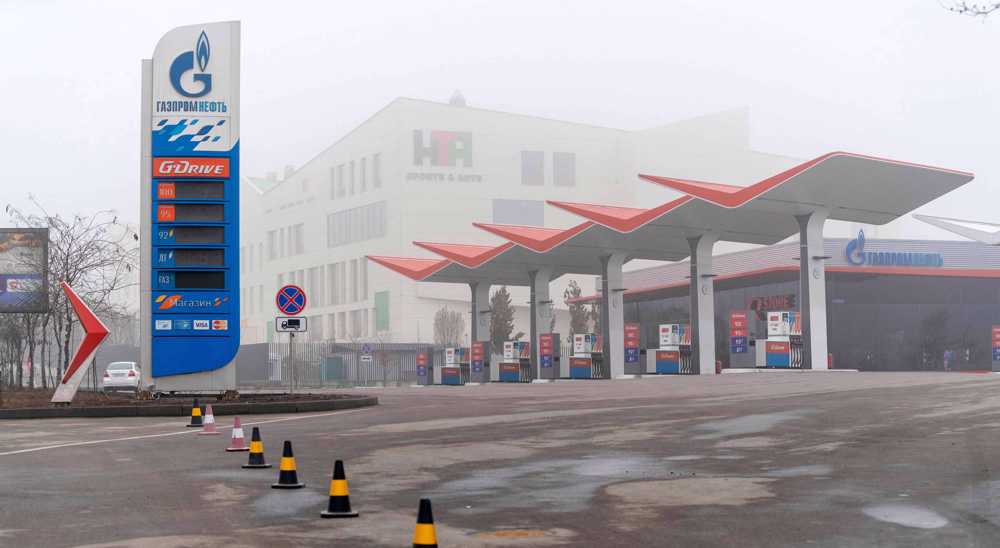
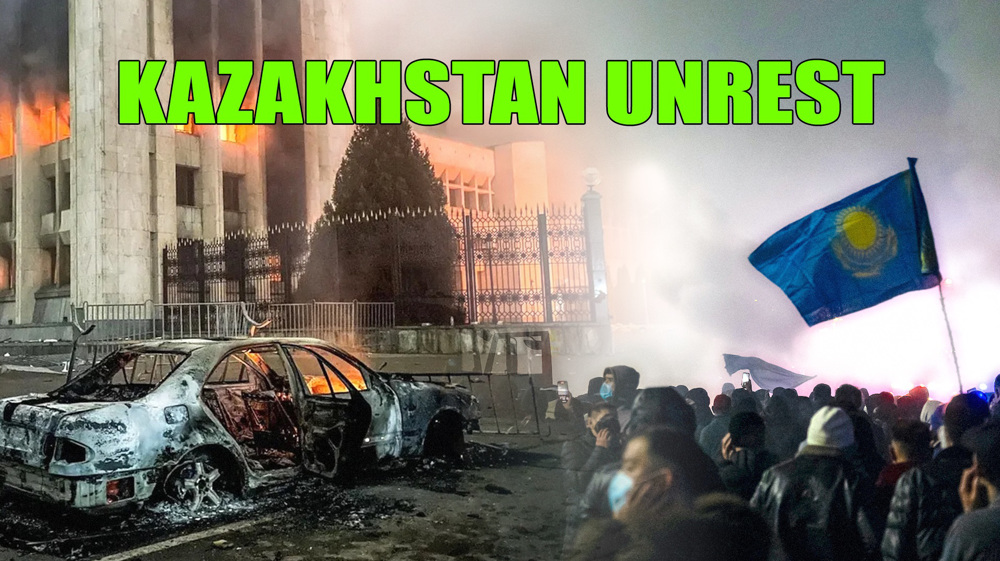
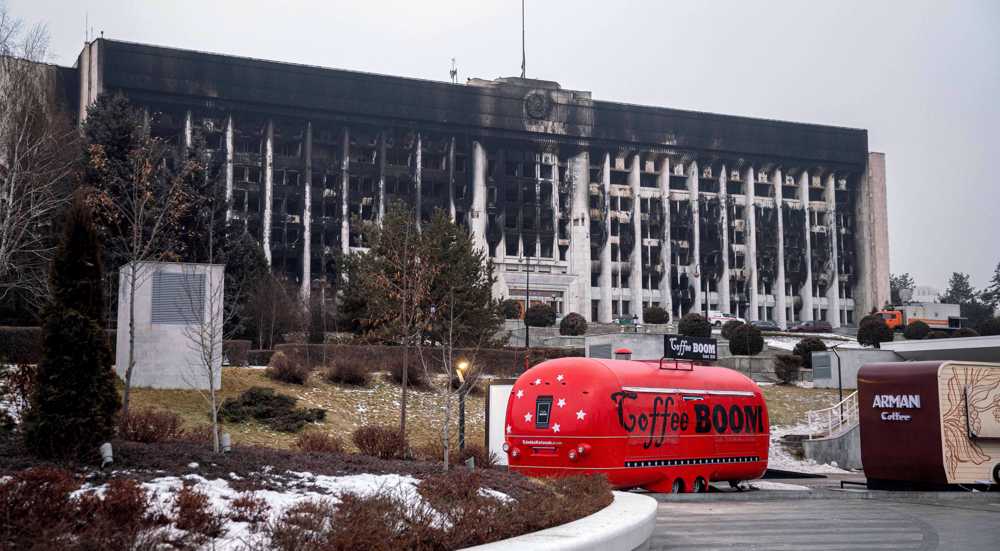
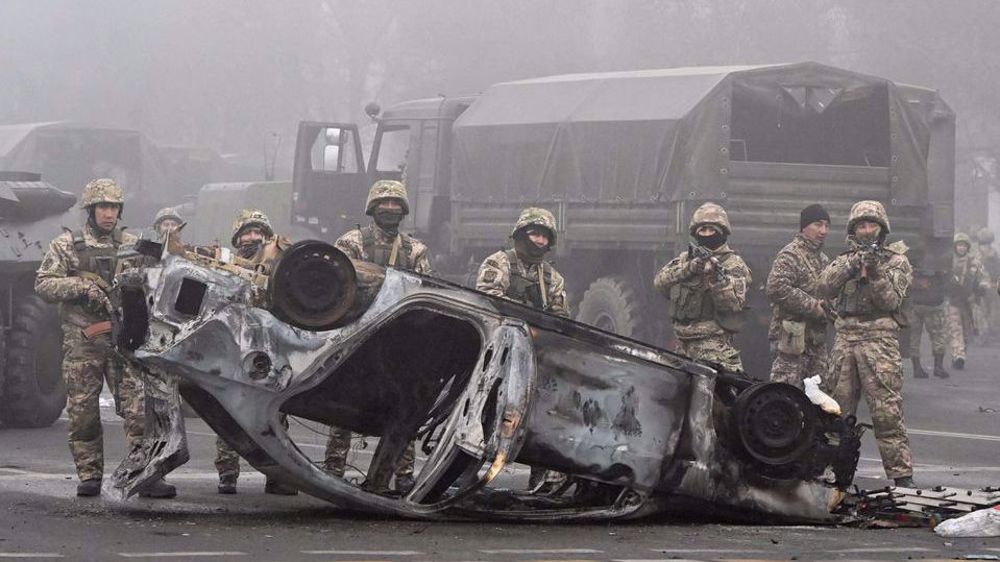
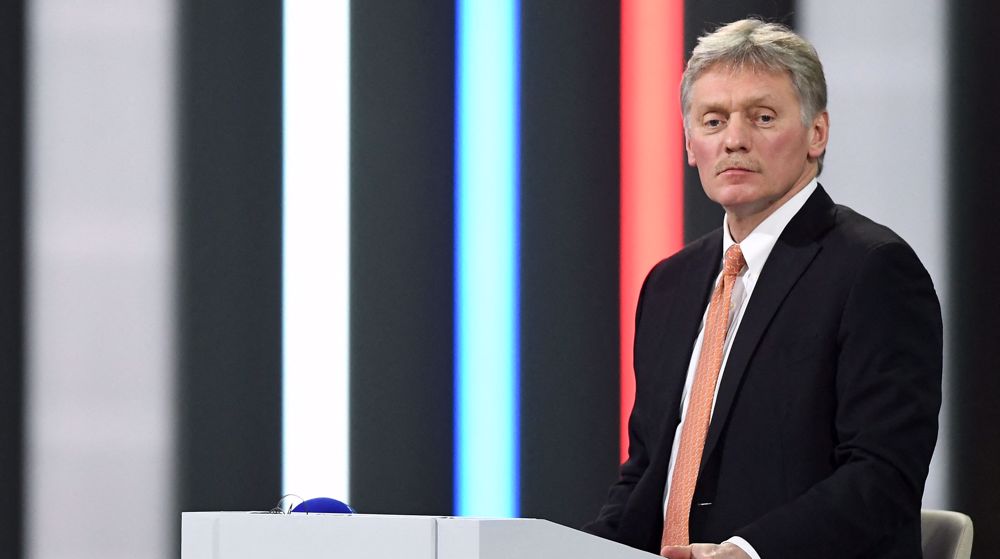
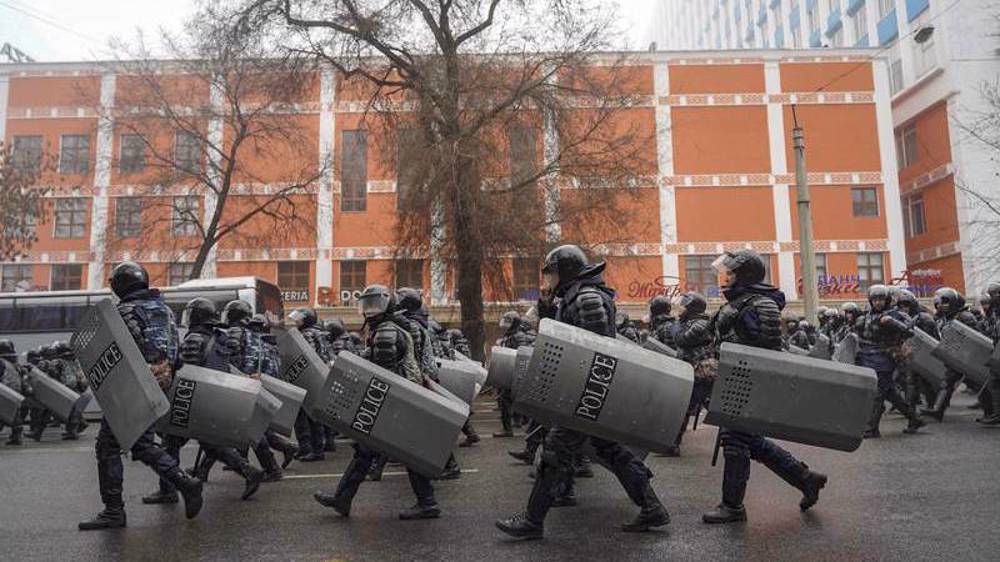
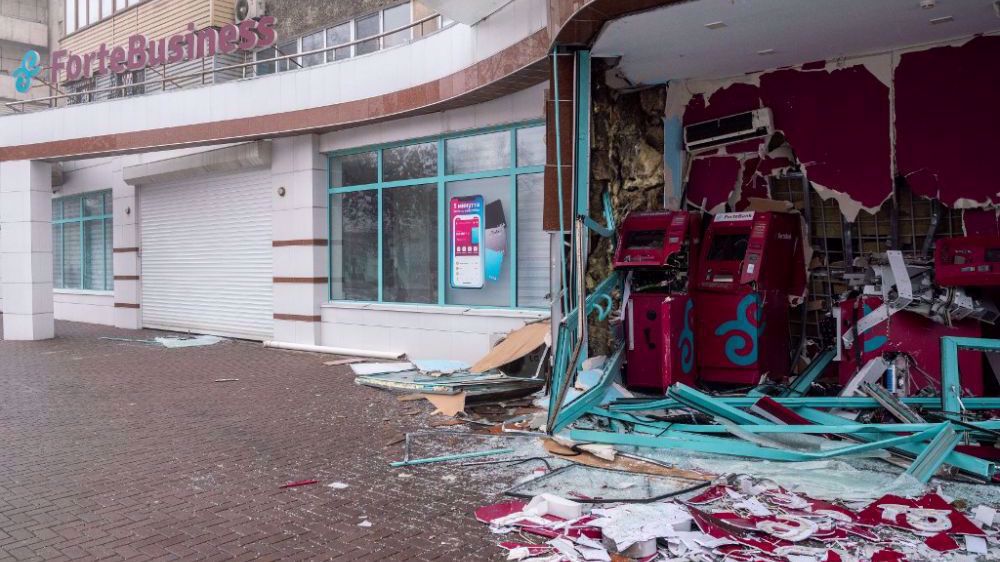
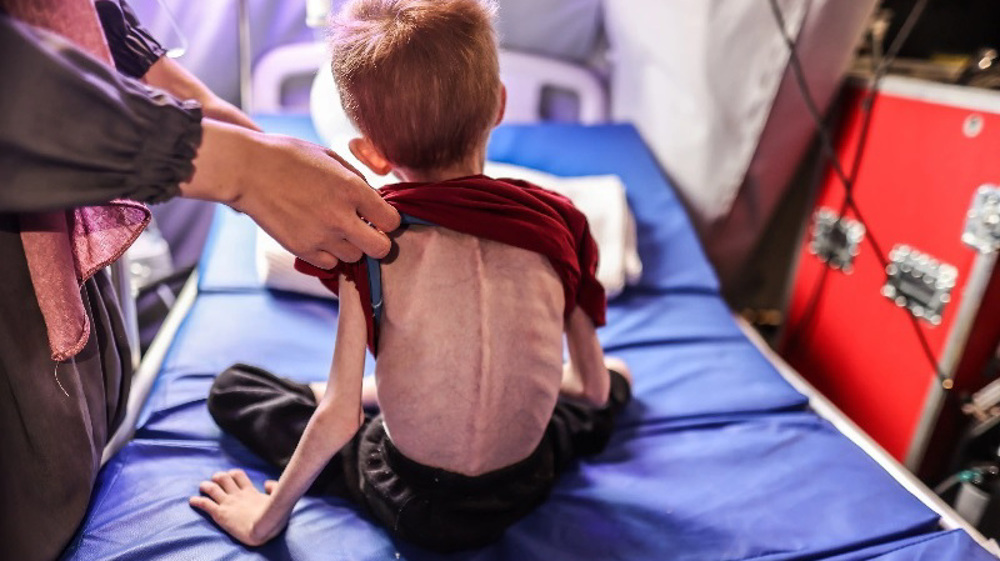
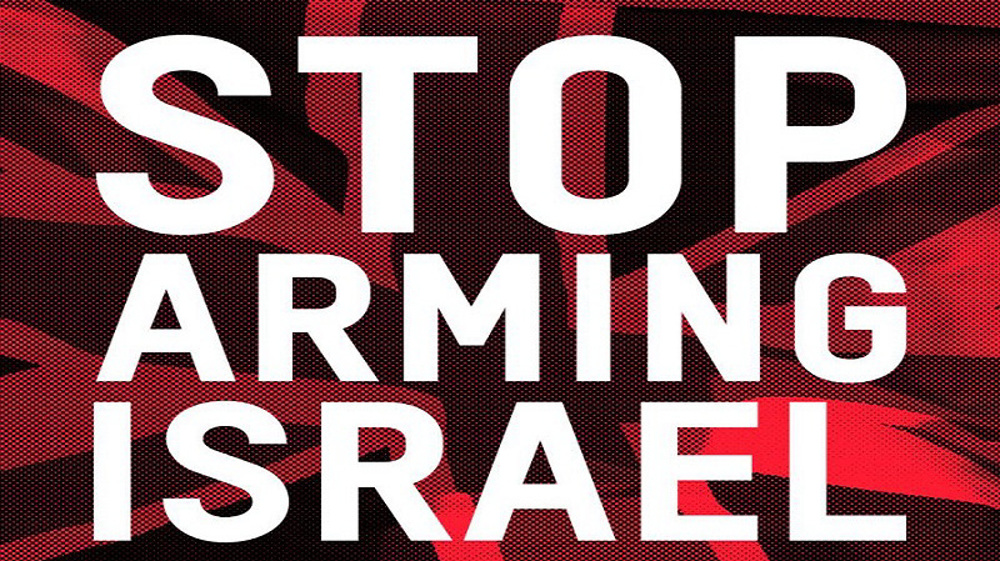
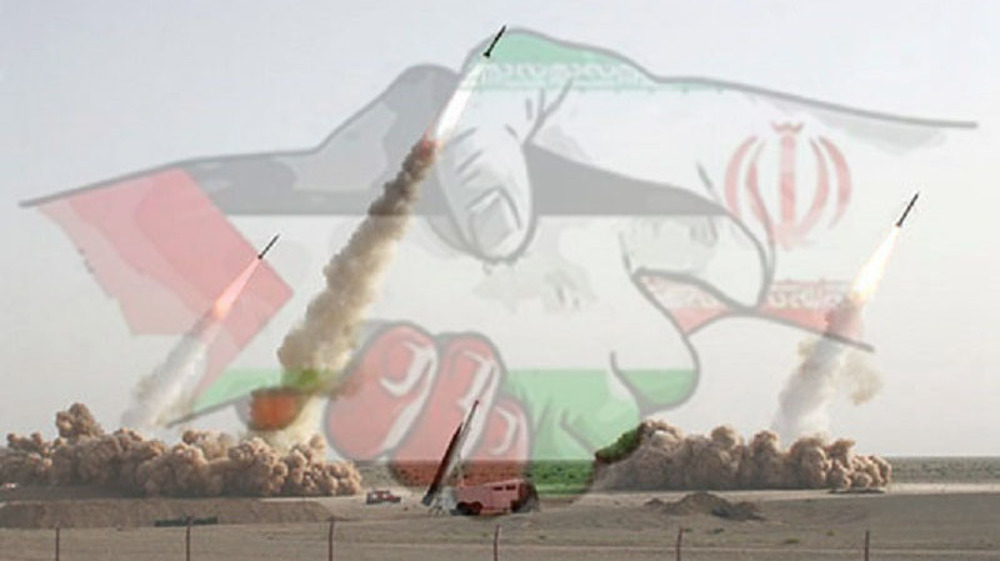



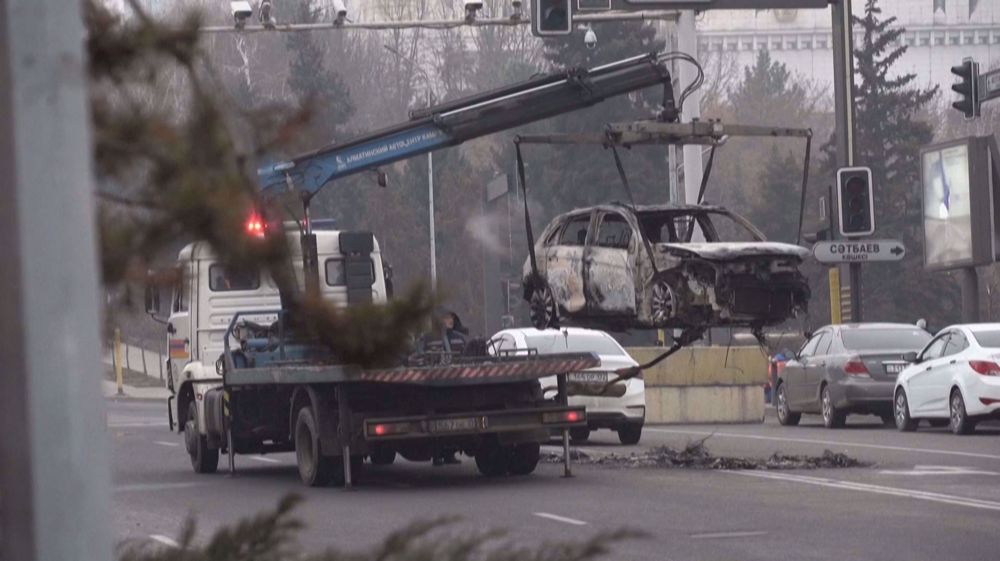
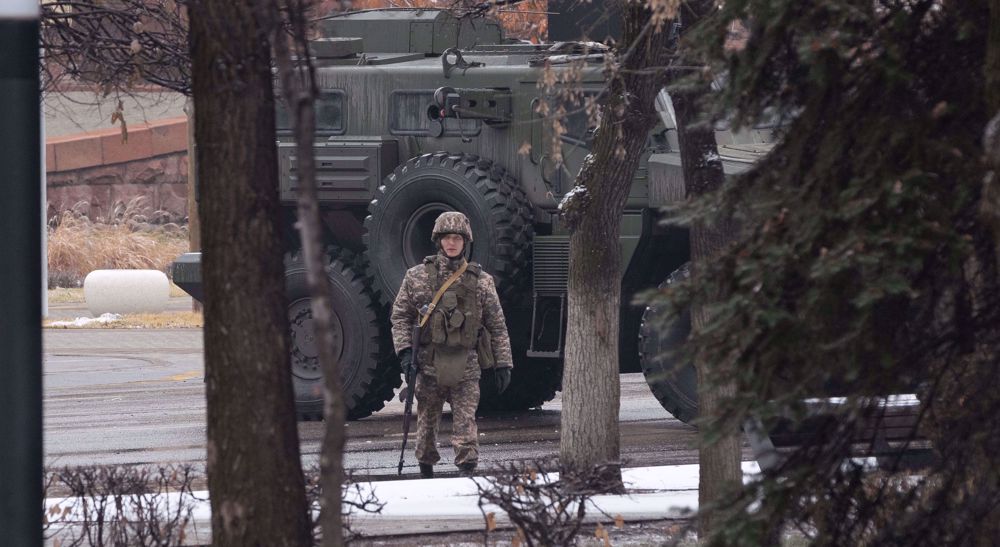
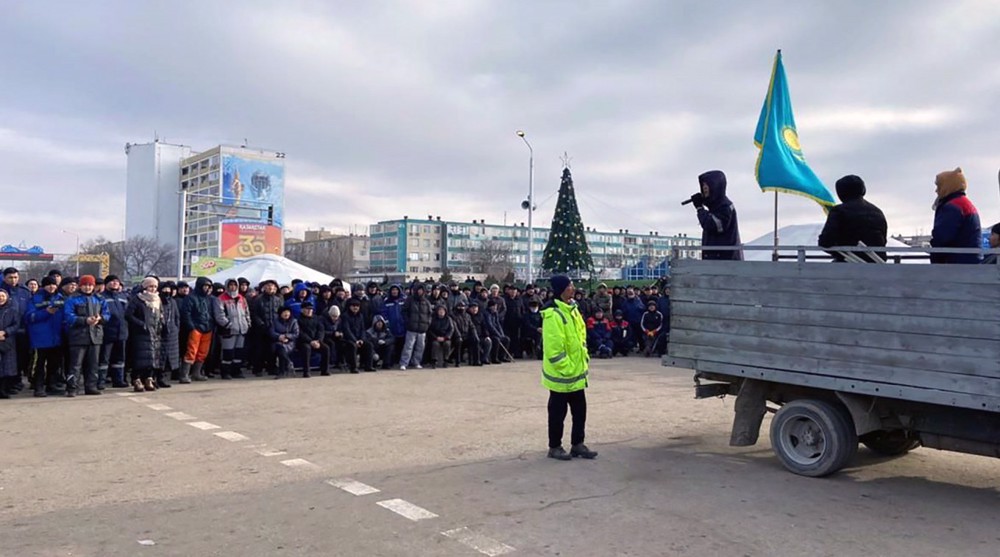
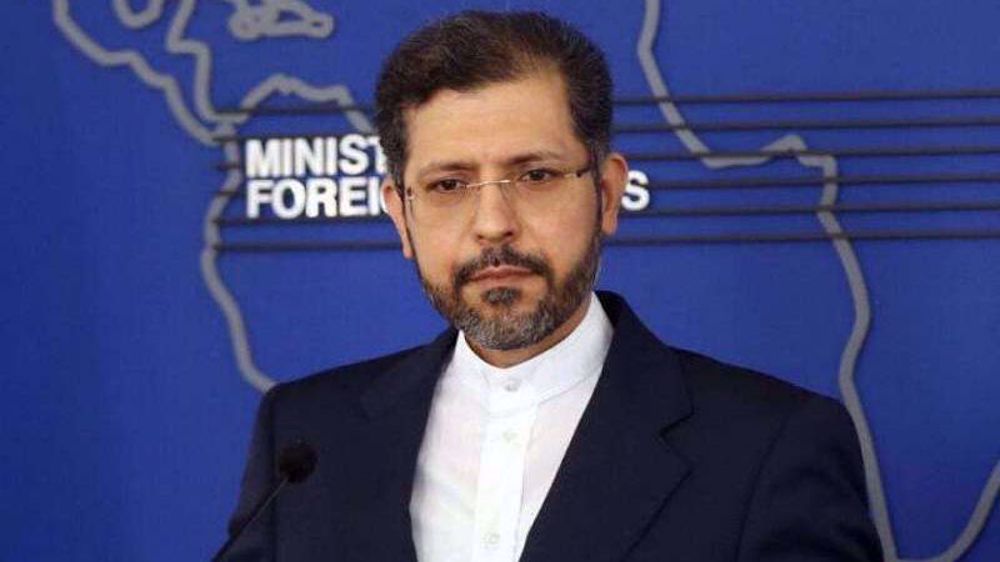
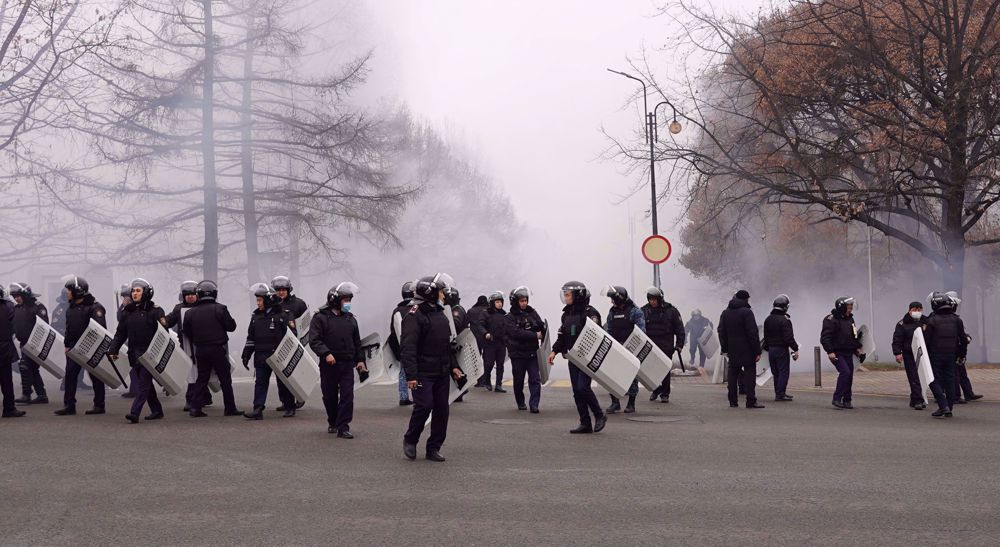
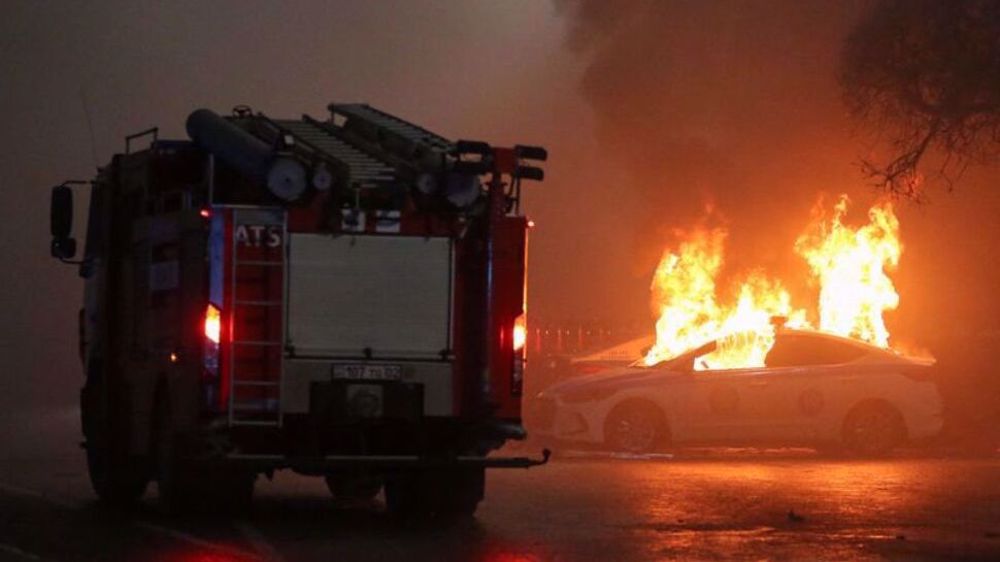

 This makes it easy to access the Press TV website
This makes it easy to access the Press TV website